- Threads, Meta’s new social networking app, has gained massive popularity, posing a challenge to Twitter’s declining user base.
. - Privacy concerns surround Threads due to Meta’s history of data-sharing issues and controversies.
. - Threads has been banned in the European Union due to regulatory uncertainty related to user data sharing.
. - The ban on Threads in the EU has led to increased demand for VPN services to access the app.
. - The difficulty of deleting a Threads account raises concerns about surrendering personal data and a lack of user understanding.
. - Should you sign up to Threads? For personal accounts, it’s advised to wait until Meta takes substantial steps to enhance privacy and safety. However, businesses using Threads for brand presence may have different considerations.
Threads, Meta’s latest social networking app, has taken the world by storm since its launch on July 5, 2023, amassing millions of users within a matter of hours. Whether propelled by perfect timing amid Twitter’s struggles or driven by the fear of missing out (FOMO), Threads holds an undeniable allure. However, beneath its surface lies a pressing concern: privacy.
As Threads continues to surge in popularity, privacy experts are raising alarm bells about potential risks and data collection practices associated with the app. From the complexities of third-party data sharing to the challenges of deleting a Threads account, join us as we uncover what it truly means to sign up to the platform. Your digital well-being and personal data may depend on it.
The perfect antidote to Twitter’s decline
Developed by the team behind Instagram, Threads has exceeded all expectations, skyrocketing to become the fastest-growing app in history. Within a matter of days, Mark Zuckerberg’s new project attracted a staggering 122 million users—a milestone that took ChatGPT, OpenAI’s renowned AI, two months to achieve. What led to this unprecedented success? Critics point to Twitter’s missteps and their subsequent impact on users.
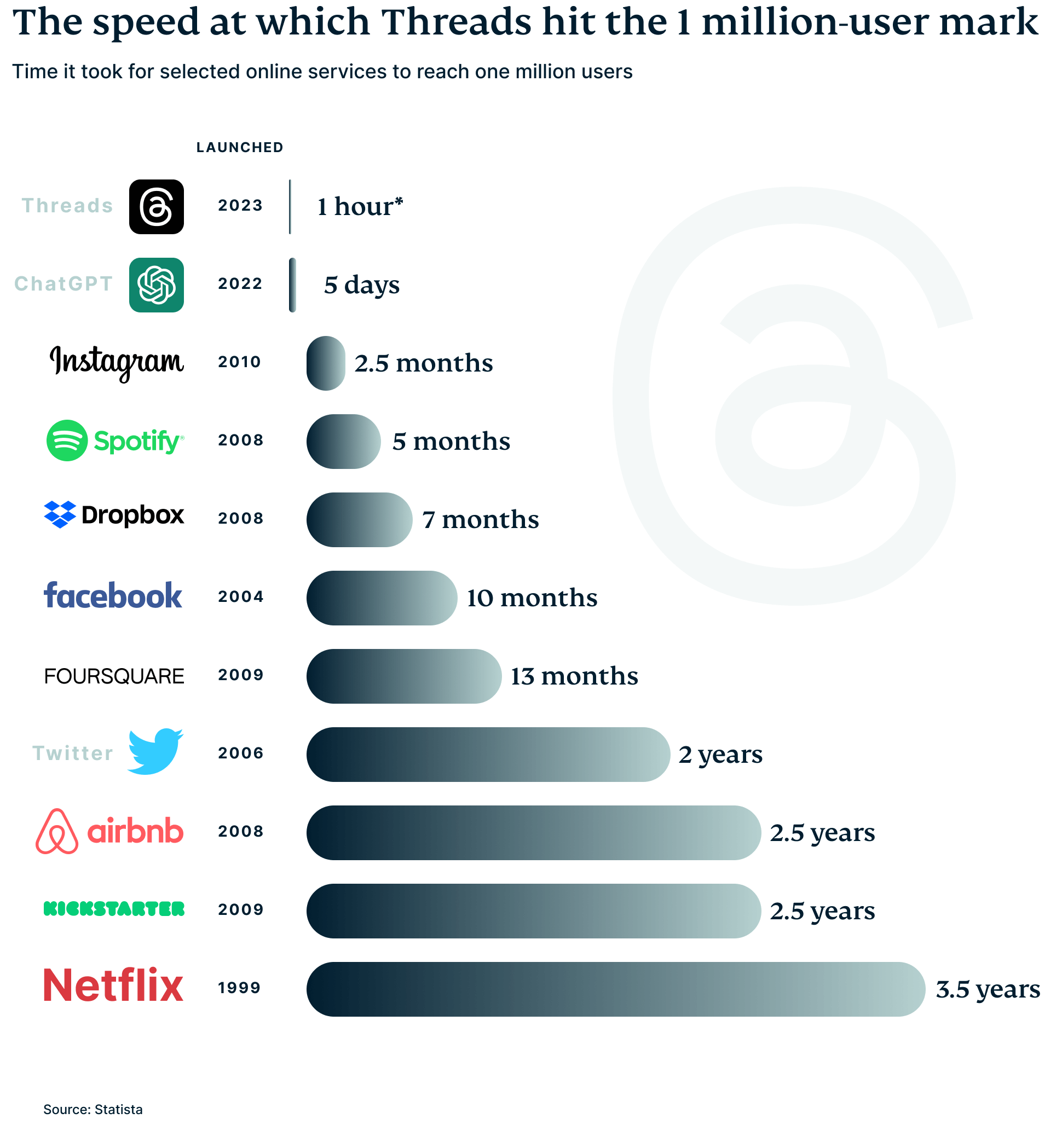
When Elon Musk acquired Twitter in October 2022, it seemed like a game-changer. However, a series of chaotic decisions and controversial policies created a rift between Twitter and its community, pushing users and advertisers away. Musk’s recent decision to limit the number of daily tweets its users could read only fueled further dissatisfaction. As Twitter users grew disillusioned, they began searching for a more stable alternative, and that’s when Threads entered the picture.
Since its debut earlier this month, Threads has dealt a significant blow to Twitter’s traffic, resulting in a sharp decline in visits to the platform. According to SimilarWeb’s analytics data, there was a 5% dip in traffic to Twitter in the two days following Threads’ launch compared with the previous week. The impact was even more pronounced, with an 11% decrease, when compared with the same timeframe in 2022.
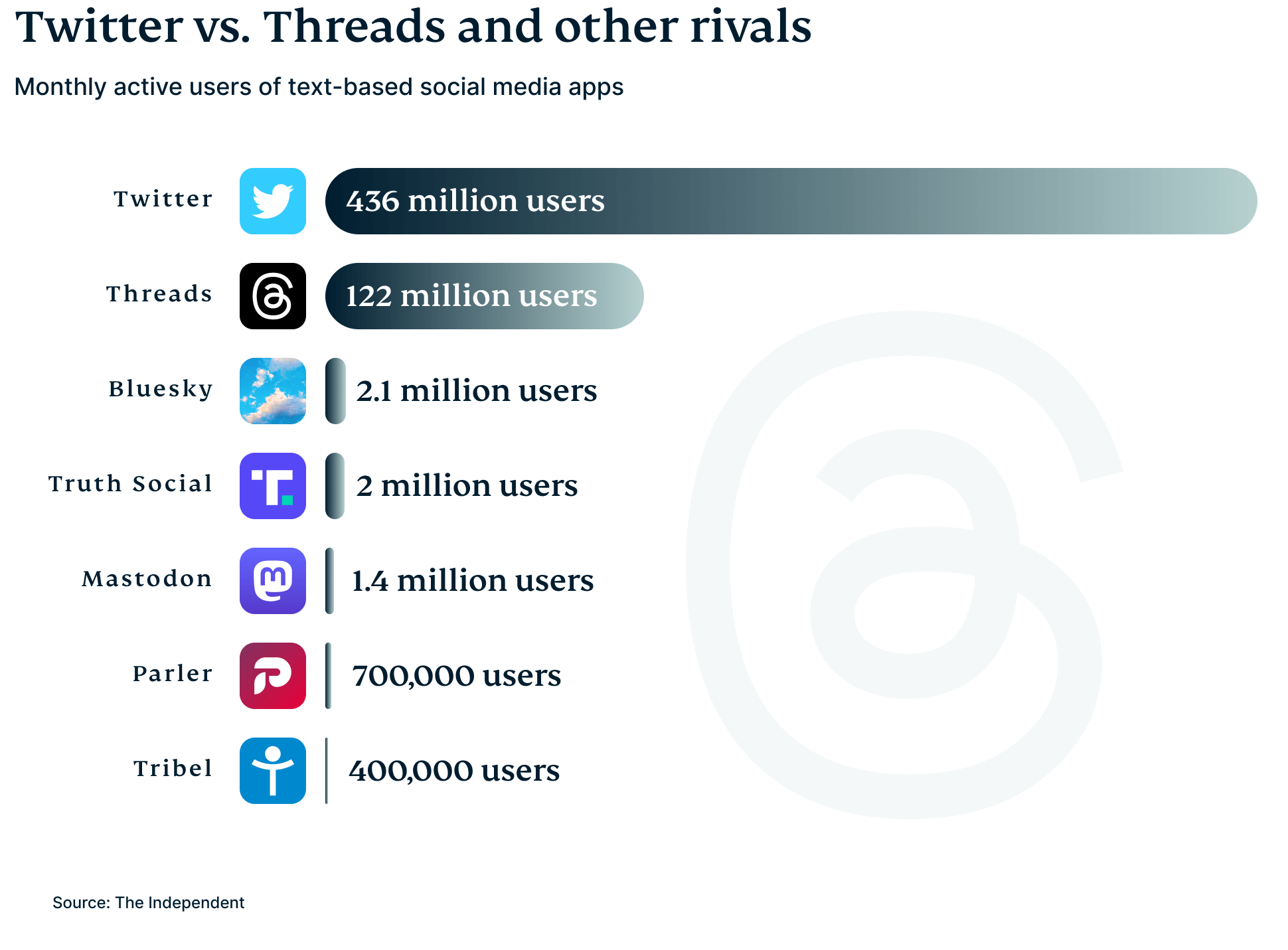
Backing up the notion that Threads is successfully enticing existing Twitter users, an Ipsos poll revealed that 58% of Americans who use Twitter expressed interest in trying or had already tried Threads. Furthermore, 46% of them indicated they would be likely to move or had already shifted their Twitter activities to Threads.
Not surprisingly, Threads’ rapid ascent poses a formidable challenge for Twitter, particularly considering its dire financial outlook. With a 59% decline in ad sales compared with the previous year, Twitter finds itself in a precarious position. The entry of Meta into the market, with Threads poised to attract ad dollars away from Twitter, further exacerbates the platform’s financial strain. In fact, Wall Street analysts estimate that Threads could generate up to 8 billion USD in revenue for Meta by 2025, underscoring the potential impact on Twitter’s financial standing.
58% of American Twitter users expressed interest in trying or had already tried Threads
However, while Threads’ initial success has been nothing short of impressive, its ability to sustain this level of traction in the long term remains to be seen. The app isn’t without its challenges, particularly the ongoing controversy surrounding privacy data. This puts a question mark over Threads’ future and whether it can overcome these obstacles to establish itself as a lasting rival to Twitter.
Threads: Privacy concerns and data-sharing controversy
Before hastily embracing the trend and joining the crowd in signing up for Threads, it’s important to recognize that Meta, the parent company behind the app, has a history of privacy controversies and data-sharing concerns. This fact alone should raise red flags for potential users.
For example, the company has faced fines and legal troubles due to improper data collection and use. In the U.S., Meta has been fined multiple times for its questionable data collection practices, revealing a pattern of mishandling personal information. Additionally, Meta has encountered issues regarding compliance with the European Union’s General Data Protection Regulation (GDPR), which sets standards for the collection of sensitive personal information with proper consent.
Potential introduction of targeted advertising
Although Threads is currently ad-free, it’s important to consider Meta’s primary source of revenue comes from selling ads. Experts predict that targeted advertising may be introduced in the future, following the footsteps of other Meta-owned platforms like Facebook and Instagram.
As Threads operates under the same privacy policy and business model as these platforms, it’s likely that extensive data collection will be used to create detailed user profiles for targeted advertising and personalized experiences. This potential shift towards targeted advertising raises concerns about users’ privacy and how their personal information could be used for commercial purposes.
Extensive data collection practices
Threads, like other Meta-owned properties, engages in extensive data collection. The platform collects a wide range of user data, including not only basic personal information but also health and financial data, location information, and browsing history. This comprehensive data collection enables Meta to build detailed profiles of users, which can then be used for targeted advertising purposes. However, the collection of such extensive personal data raises questions about user privacy and the potential for this information to be used beyond its intended purpose.
One example of the data collected by Threads is the insight it provides Meta into users’ engagement with posts and their list of followed accounts. The Threads privacy policy outlines that this includes details on “the types of content you view or interact with and how you interact with it.” The policy also discloses Meta’s access to users’ GPS location, camera activity, photos, IP information, device details, and device signals like Bluetooth, Wi-Fi, beacons, and cell towers.
When combined, these data points create a detailed map of individuals’ lives, especially when considered alongside the vast amount of information already collected by Meta through Facebook, Instagram, and Meta Pixel.
Meta Pixel, a small piece of code embedded in websites, further contributes to the data-gathering efforts. It tracks and analyzes visitor activity, sharing various versions of this data with Meta. For instance, news reports indicate that several U.S. pharmacy and grocery chains utilize Pixel to share sensitive information with Meta and other social platforms. As reported by The Guardian, this includes details like whether consumers added Plan B, HIV tests, or pregnancy tests to their online shopping carts.
Amplified risks due to Meta’s ecosystem
The association between Threads and Meta’s expansive ecosystem, which includes popular platforms like Facebook, Instagram, and WhatsApp, amplifies the potential risks associated with unauthorized access or misuse of user data. The interconnected nature of these platforms raises concerns about the potential for data sharing across multiple services, potentially leading to more comprehensive and invasive user profiling.
Transfer of user data to third parties
Another significant worry is the transfer of user data to third parties. Meta has a history of sharing user data with other platforms, some of which may have weaker data privacy protections or operate in countries with questionable data practices. This transfer of data increases the risk of unauthorized access and potential misuse of personal information by entities outside of Meta’s control. Users should be aware of the potential consequences of their data being shared with third parties and the implications for their privacy and security.
Threads’ EU ban
In addition to privacy concerns, there’s another crucial aspect to consider before joining Threads: its ban in the European Union (EU). The implementation of the EU’s Digital Markets Act (DMA), which focuses on user data sharing across platforms, has created regulatory uncertainty and resulted in the postponement of Threads’ launch in the region.
Interestingly, this ban has led to a surge in demand for VPN services among EU users who are seeking ways to access the app. A high-quality VPN provides users with the ability to bypass geographical restrictions and access social media sites that may be blocked in their specific countries.
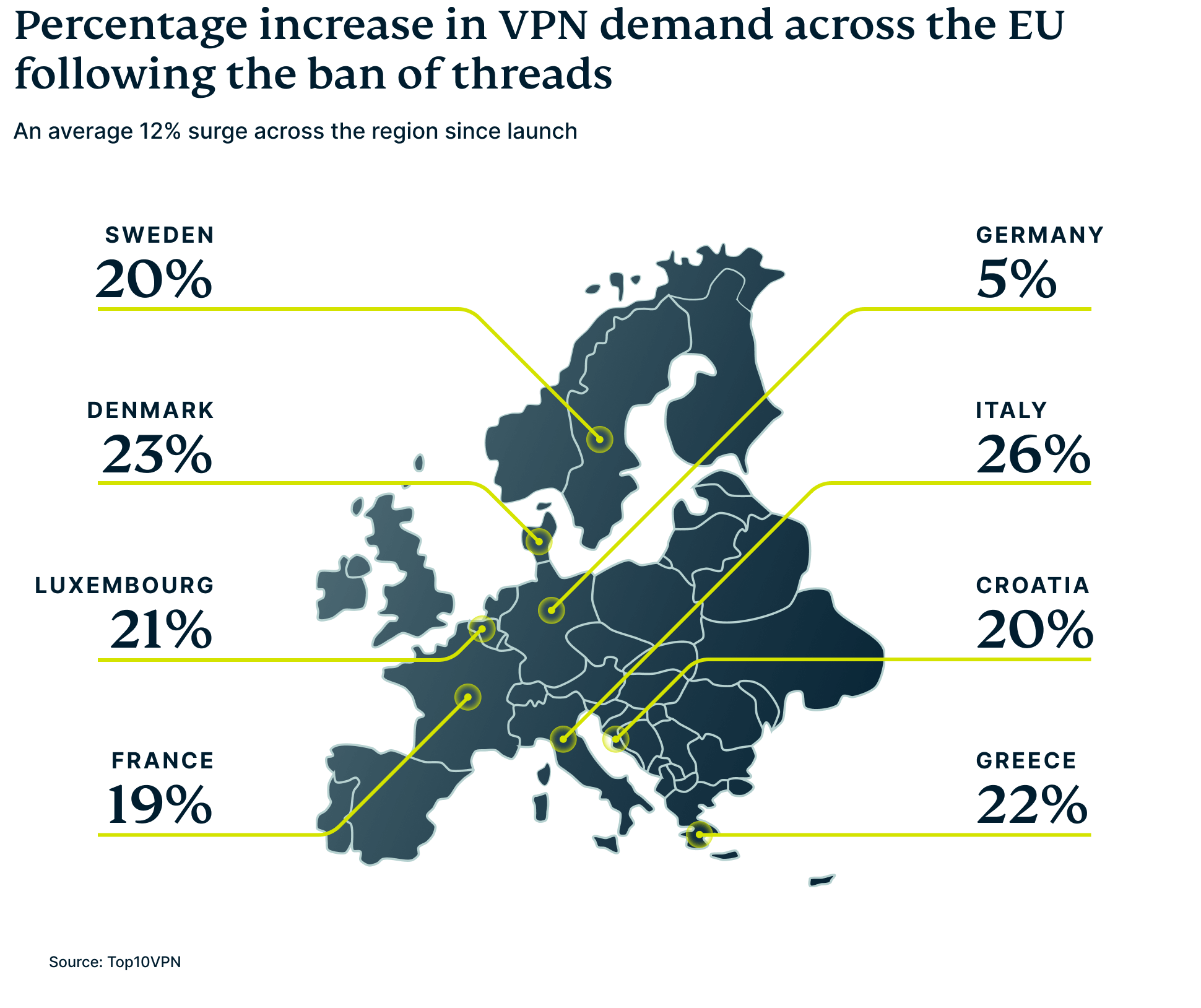
However, Meta swiftly responded to this increased VPN usage by blocking some VPN traffic to Threads, which is making it harder (although, not impossible) for EU users to download the app. Their intention was to demonstrate their willingness to address concerns raised by EU regulators regarding their broader business model. But despite this action, Meta has yet to make any substantial changes or concessions in response to the ban.
The challenge of deleting your Threads account
Another significant issue with Threads is how difficult it is to delete a Threads account, which poses a regulatory challenge for Meta and unexpected consequences for users. It’s not possible to delete a Threads account without deleting the entire Instagram profile associated with it.
This policy, which isn’t adequately communicated to users during the sign-up process, reveals a knowledge gap and raises questions about the implications of surrendering personal data without fully understanding the consequences.

This challenge is particularly concerning for users who are less tech-savvy. The sign-up process may unknowingly lead them to agree to a Threads account without comprehending what they’ve truly signed up for.
Additionally, Threads works with decentralized platforms like Mastodon, which means that users need to be aware that they may unwittingly relinquish control over their personal data. This is because if you post something on Threads, it will be visible to anyone who follows you on Mastodon, even if you leave Threads. Meta will also retain ownership of your data.
Still want to sign up to Threads? Maybe wait until it’s safer
The current privacy concerns and data-sharing controversies surrounding Threads necessitate a closer examination of the platform’s practices.
For personal accounts, until Meta takes substantial steps to better safeguard user privacy and safety, we advise those who value their privacy to refrain from signing up to the platform. However, businesses using Threads for brand presence may have different considerations since personal data ideally should not be linked to these accounts, making it a separate story for them.
Overall, to make Threads safer and more private for users, Meta should consider implementing the following measures:
- Transparency on data collection and usage: Meta should provide users with clear and comprehensive information regarding the collection, usage, and sharing of their data. This information should be accessible, understandable, and transparently communicated to all users.
- Streamlined account deletion process: Deleting a Threads account should be as straightforward as deleting a Facebook account. Users should not face complicated procedures, risk losing their Instagram account, or need to contact customer support to delete their accounts. A user-friendly and efficient account deletion process is essential for users to exercise control over their personal data.
- Enhanced safety features: Threads should incorporate robust safety features to protect users from cyberbullying, harassment, and abuse. These features should include reporting mechanisms, user blocking options, and effective content filtering tools to mitigate harmful content on the platform.
- Compliance with data privacy regulations: Meta needs to ensure GDPR compliance, which establishes strict guidelines for data privacy. Adhering to the GDPR is essential for operating Threads in the EU and safeguarding user data. Failure to implement these measures could expose Meta to significant fines imposed by regulatory authorities: 20 million EUR or 4% of its global annual turnover, whichever is greater.
Already signed up to Threads? Here are 6 tips for using the app safely
1. Only share your Threads with people you trust
To ensure your privacy, it’s important to only share the content you post on the app only with people you trust implicitly. By limiting access to trusted individuals, or setting your profile to private, you reduce the risk of your private messages and photos being seen by unauthorized individuals.
2. Be mindful of what you post
Remember that anything you post can potentially be seen by anyone using the app. Before sharing, carefully consider the content and ensure it aligns with what you’re comfortable sharing with the wider world. Think twice before posting anything that you wouldn’t want to become public knowledge, including content that may inadvertently give away your personal details or location
3. Use a VPN
Consider using a high-quality VPN when accessing Threads to further enhance your privacy and security. A VPN creates a secure connection between your device and the internet by encrypting your online traffic and masking your IP address. This additional layer of protection helps safeguard your data from potential eavesdroppers and hackers.
4. Use strong passwords and two-factor authentication
While Threads employs end-to-end encryption to safeguard your messages, it’s essential to fortify your account’s security. Set strong, unique passwords that are difficult to guess and employ two-factor authentication whenever possible. These additional layers of security will significantly enhance the protection of your Threads account and prevent unauthorized access.
5. Block and report harassers
If you encounter individuals who are harassing you or making you uncomfortable on Threads, utilize the block feature. Blocking someone will prevent them from viewing your posts and sending you messages, effectively creating a barrier between you and the offending party. Additionally, make use of the report feature within the app to notify the platform administrators of any inappropriate behavior, ensuring a safer environment for all users.
6. Keep up to date on software updates and privacy settings
Threads will likely include ads in the future. When this happens, it’s important to keep your app up to date so that you can get the latest security patches and privacy settings. When the feature drops, you should be able to manage the ads you see by navigating to “Privacy”.
Have you joined Threads, or do you plan to? Worried about the app’s privacy implications? Let us know your thoughts in the comments below.
FAQ: About Threads
What is Threads?
Threads is a new app developed by Meta, the parent company of Facebook, Instagram, and WhatsApp. It functions as a social media platform with similarities to Twitter, featuring a feed primarily composed of text-based posts, although users can also share photos and videos. The app allows for real-time conversations among users.
One notable feature of Threads is its 500-character limit for posted messages, akin to Twitter’s character restriction. Users can reply to, repost, and quote other users’ Threads posts, resembling the functionality of Twitter threads. Additionally, Threads integrates elements of Instagram’s aesthetics and navigation system. Users also have the option to share their posts from Threads directly to their Instagram Stories.
Accounts on Threads can be designated as public or private and verified Instagram accounts automatically carry over their verification status to Threads. The purpose of Threads, as stated by Meta CEO Mark Zuckerberg, is to create a friendly and optional public space for conversations.
How can I delete my Threads account?
Deleting your Threads profile poses significant challenges as it requires deleting your entire Instagram account. According to Meta’s Supplemental Privacy Policy, “You may deactivate your Threads profile at any time, but your Threads profile can only be deleted by deleting your Instagram account.” This connection exists because Threads functions as an extension of a user’s Instagram account.
If you wish to delete your Threads profile without deleting your Instagram account, the only available alternative is to “temporarily” deactivate your Threads profile. Here’s how you can do it:
1. Open the Threads app
2. Tap on your profile icon in the bottom right corner of the screen
3. Tap on the three dots in the top right corner of your profile
4. Select “Account”
5. Choose “Deactivate profile”
6. Tap on “Deactivate Threads profile”
7. Confirm your choice
By following these steps, your Threads profile will be deactivated but will still exist on Meta’s servers. Should you decide to reactivate your Threads profile in the future, you can do so using the same steps mentioned above.
However, if your intention is to completely delete your Threads profile, you will need to delete your Instagram account entirely. Follow the steps below to accomplish this:
1. Go to the Instagram website or app
2. Tap on your profile icon in the bottom right corner of the screen
3. Tap on the three dots in the top right corner of your profile
4. Select “Settings”
5. Choose “Account”
6. Tap on “Delete account”
7. Follow the on-screen instructions to proceed with the deletion
It’s important to note that deleting your Instagram account will permanently remove your Threads profile along with it.
Where is Threads available?
Threads is currently available in 100 countries in more than 30 languages via iOS and Android. The initial launch saw the app available in the United States, the United Kingdom, Australia, New Zealand, Canada, and Japan. As of July 2023, Threads was not yet available in the European Union (EU), due to the Digital Markets Act (DMA). Meta is working to accommodate these regulations but has not yet released a timeline for when Threads will be available in the EU.
What data does Threads collect?
Threads gathers various types of user data, including information about online activities, preferences, health and fitness, financial details, browsing history, location, and contact information. This comprehensive collection of data has raised privacy concerns among users and experts alike.
Is Threads safe?
The safety of Threads, the social media platform developed by Meta, is a topic of concern. The platform collects a significant amount of sensitive data from its users, which poses potential risks if it falls into the wrong hands or is used for targeted purposes. Tech experts and professionals have expressed worries about the extensive data collection and the possibilities for exploitation. You can read more about these in the blog post above.
Should I use Threads despite the privacy concerns?
The decision to use Threads or any other platform is ultimately up to you. However, it’s crucial to be aware of the privacy risks involved and make an informed choice based on personal preferences and concerns. Understanding the data collection practices, evaluating the potential risks, and taking necessary precautions can help users make a decision that aligns with their privacy priorities.
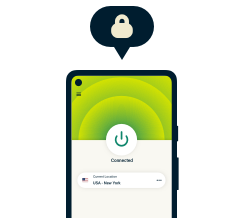
Privacy should be a choice. Choose ExpressVPN.
30-day money-back guarantee
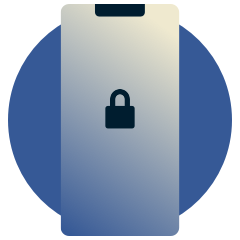
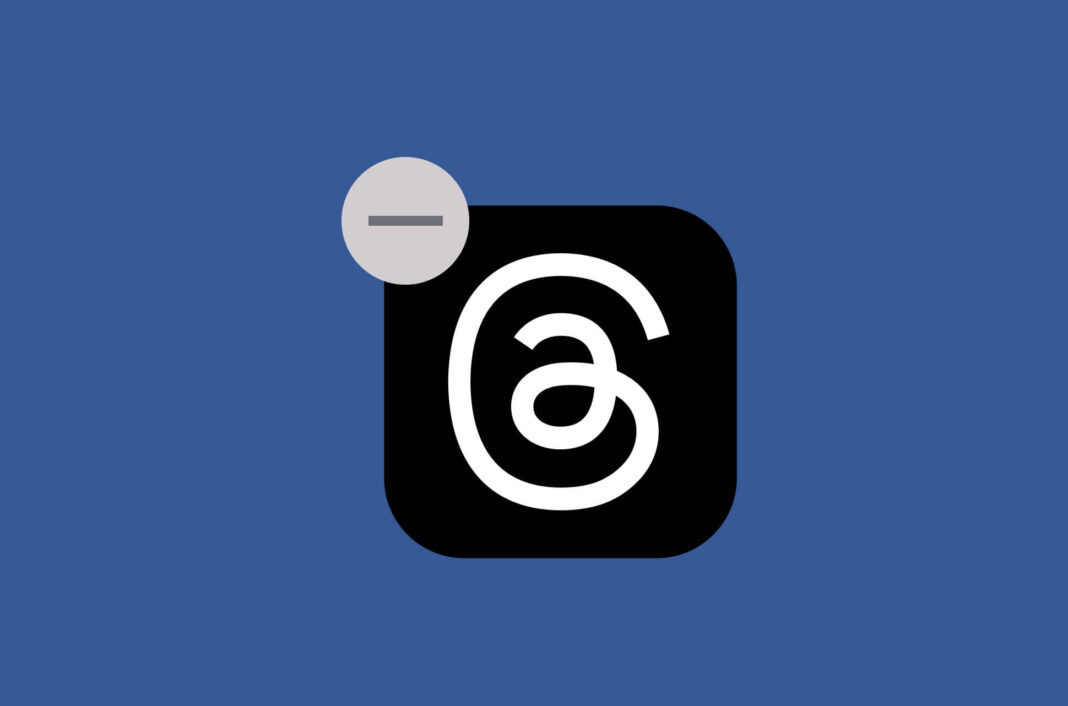

















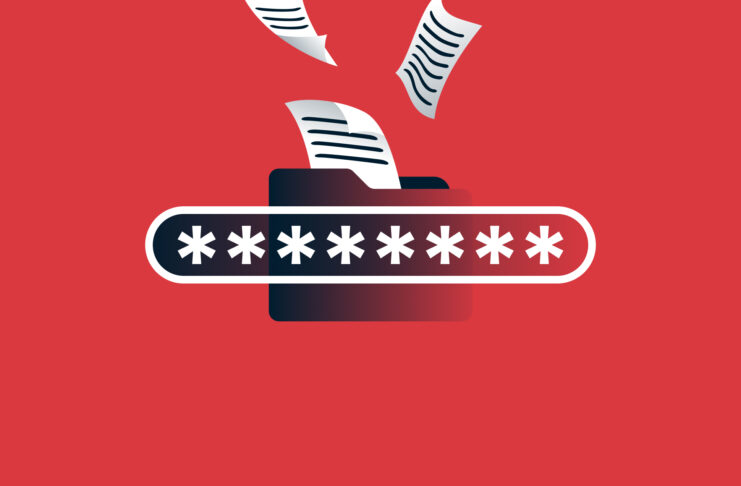
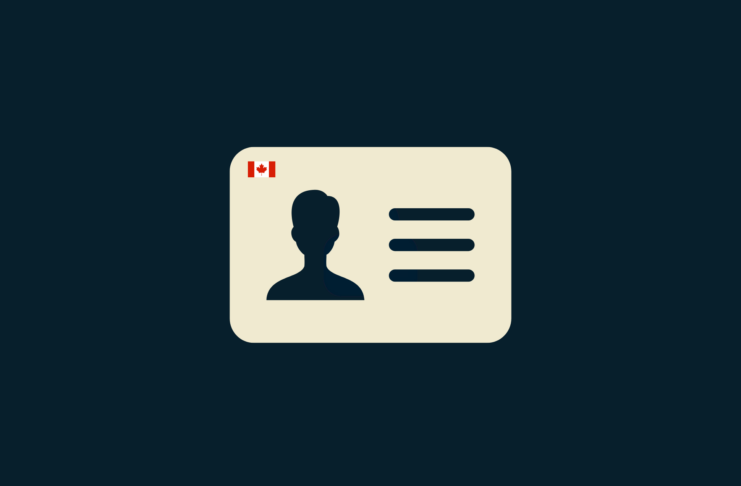

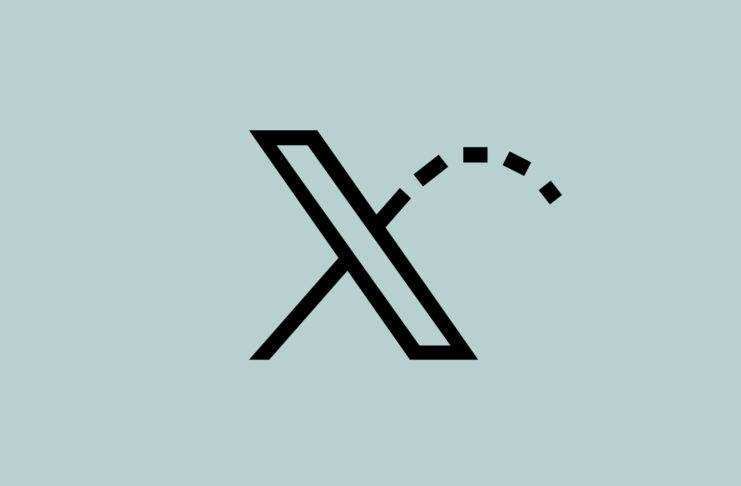




Comments
This looks like an article to dodge your paying users (like me) when they ask you “why isn’t ExpressVPN able to access Threads from Europe?
That would be a better article :v: